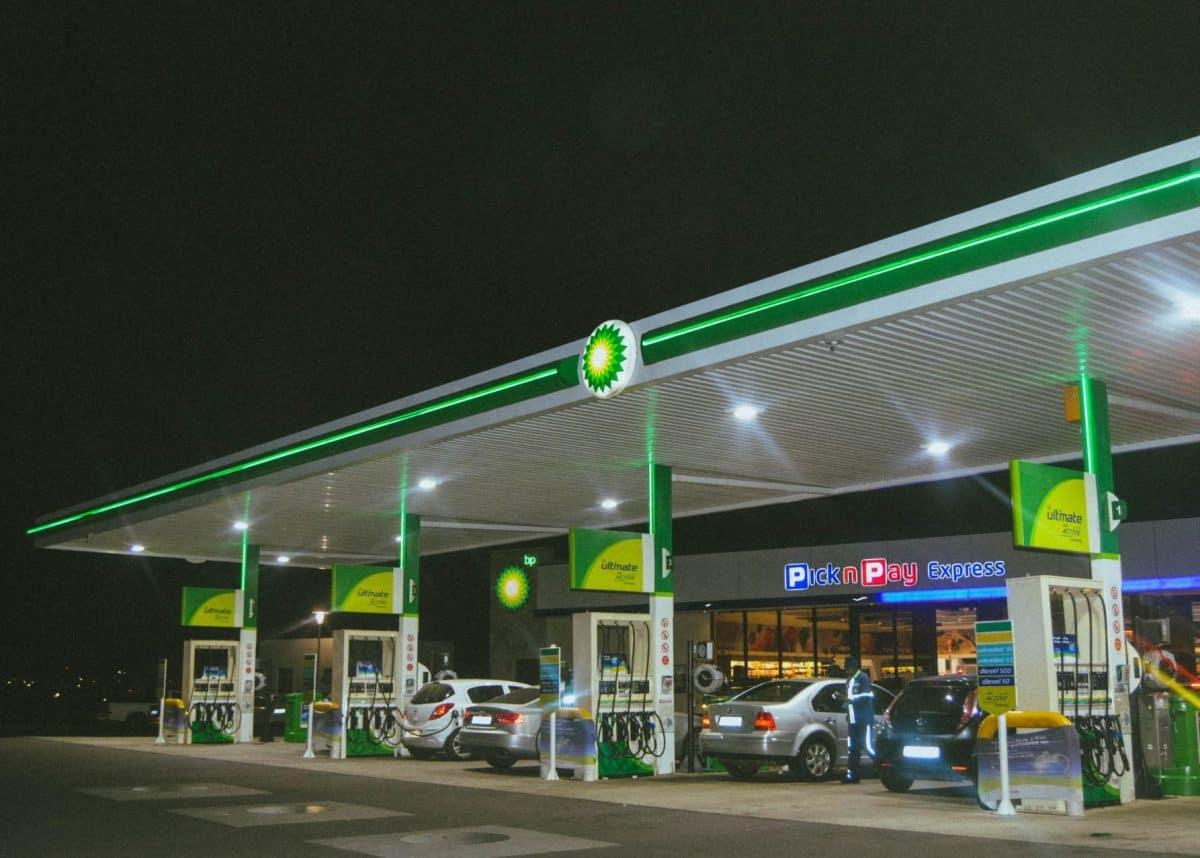
Small, grimy and with ramshackle shops selling old chocolates, stale crisps and three-day-old pies. Oh, and with gloomy toilets last cleaned sometime in the Middle Ages. Yes, filling stations in the ‘70s were largely to be avoided unless you needed fuel or were absolutely desperate for something else.
Then along came the one-stop service stations (emphasis on ‘service’) with their large and sparkling forecourts, smiling attendants, rows of clean toilets and well-stocked shop with l franchised food outlets.
The world had changed and has kept on changing. These days you can have a quality retail experience and get pretty decent food at the same time as you fill up your fuel tank.
Electric vehicles are the next game-changer
And according to the South African Petroleum Retailers Association, things are only going to get better as a new generation of service stations evolves, with an eye on the slow-but-sure introduction of electric vehicles and what that may mean for the venerable ‘petrol station’ of tomorrow.
“It’s still hard for us to know precisely what the service stations of the future will look like. What we do know, though, is that they’ll be markedly different to what’s on offer today,” says Vishal Premlall, national director of the association.
He notes that already service stations like Big Bird N1 Freeway Midrand, located between Johannesburg and Pretoria on the busy N1 highway, are transforming to provide a prime example of a fuel station gearing for the future. This station offers a pharmacy as well as a variety of dining options and even online shopping depots.
Customers want on-highway convenience
“This [enables] it to cater to consumers who would otherwise have to veer off their route and into a suburban shopping mall to obtain supplies,” he says. “[Now] customers can get everything they need without leaving the highway.”
Where once forecourt stores represented the ultimate in convenience at a service station, tomorrow’s customer may expect a fully-fledged supermarket, WiFi-equipped work stations, hot desks with meet-and-greet facilities, and coffee shops. It sounds like a cross between a mall and a business centre!
Winstone Jordaan of GridCars, which specialises in charging technology for electric vehicles, believes that service stations on highways will prove more enduring than their city-based counterparts, mainly because the latter can’t match the offerings that would keep a customer busy while charging an electric vehicle in the future.
“If you’re looking to charge somewhere that doesn’t mean hopping off and back on the highway, a forecourt shopping destination is a far more obvious choice,” he says.
‘Business unusual’ is the new norm here too
Notes Premlall in conclusion: “One thing is certain; although we can’t be sure what the fuel station of the future will look like, we can be certain that it won’t have much in common with the features we’re familiar with today.
“Clearly business unusual appears to be the new norm and the early change adopters will be winners.”
Help support journalists, the guardians of independent journalism, through our student media initiative that gives a voice to students and their generation! Find out more…Tags: South Africa











More Stories
Welcome SA's new 'luxury taxi': The Toyota Quantum VX
Audi Q3 finally arrives in South Africa with three models
Typhoon Hagibis: F1 postpones Japanese GP qualifying to Sunday